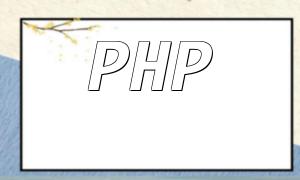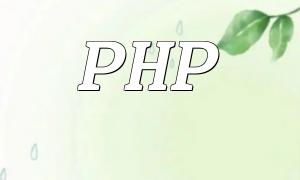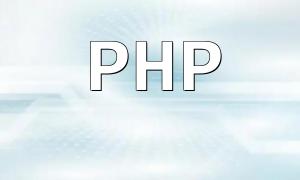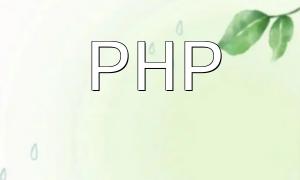While PHP frameworks simplify web application development, they also introduce potential security risks. Conducting systematic security testing is essential to ensure the application's safety by effectively identifying and preventing vulnerabilities.
Static code analysis tools such as PHPStan and Psalm scan the code to detect security issues like SQL injection and cross-site scripting (XSS). Developers can also create custom rules tailored to framework-specific vulnerabilities to reduce risks from the source.
Dynamic testing uses penetration testing tools such as OWASP ZAP and Burp Suite to assess running applications for security flaws like cross-site request forgery (CSRF) and server-side request forgery (SSRF), ensuring real-world application security.
Black-box testing treats the application as a whole system without access to source code, focusing on manual and automated testing of input and output to find vulnerabilities, which is particularly useful for assessing the external attack surface.
White-box testing involves in-depth analysis of source code to locate security issues, such as unsafe configurations and hidden parameters. This approach helps development teams fix potential problems at the code level and improve code quality.
// Potentially unsafe code
$query = $cakeModel->findByField($fieldName, $fieldValue);
// Safer alternative
$query = $cakeModel->findByField([
$fieldName => $fieldValue
]);
Combining static analysis, dynamic testing, black-box, and white-box testing can comprehensively enhance the security of PHP framework applications. Regularly performing these security measures is crucial for ensuring the stable and secure operation of web applications.









